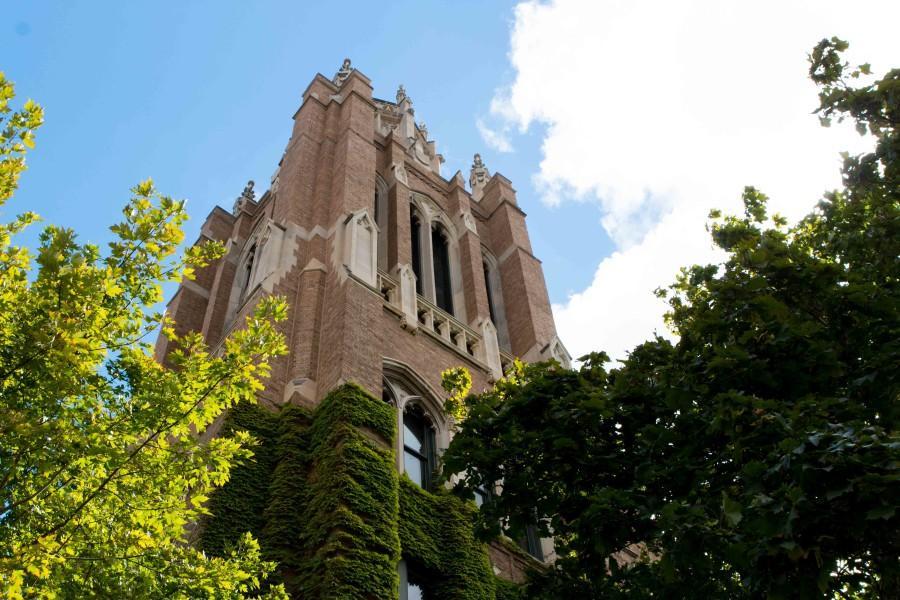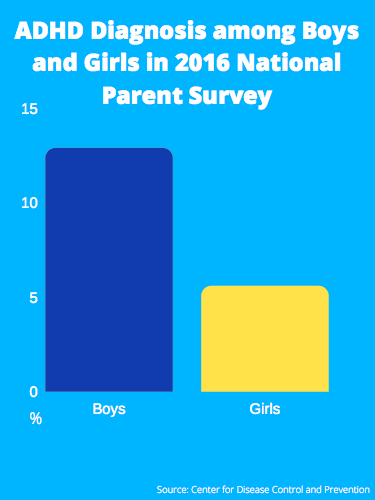According to a new study, teens are more likely to engage in risky behavior than other age groups due to a biological tendency giving them greater tolerance toward uncertainty.
The study, published in the Oct. 1 edition of the Proceedings of the National Academy of Science, reported that teenage risk-taking behavior is fueled by prioritizing reward over risk.
To conduct the experiment, researchers observed the attitudes of 65 individuals aged 12 to 50 on the feelings of risk and ambiguity. They found the teens were more averse to the observed risks than their older counterparts.
Brad Brown, a professor of educational psychology at the University of Wisconsin-Madison, said the teenage mind puts priority on rewards over the risks associated with them.
For example, a teenager would be willing to make a snappy comment to a teacher, despite the threat of disciplinary action, due to the possibility of receiving respect from fellow classmates. To the teenage brain, the satisfaction of that respect would outweigh the teacher’s punishment.
“Recent findings from research on brain development are also consistent with this study’s findings,” Brown said in an email. “It suggests that brain systems that encourage venturesomeness (including risk taking) tend to mature before brain regions that suppress impulsive behavior and, instead, prompt the individual to think carefully before acting.”
Brown said because the study was lab-based, it could not mirror all the effects of the “real world,” where adolescents are more likely to take risky behaviors.
Brown also said it was crucial to examine the results of the study alongside field research that would examine adolescent behavior in the real world.
“Peer influence is often a factor in adolescents’ decisions about risky and risk-avoidant behaviors,” Brown said. “It would be part of adolescents’ assessment of rewards and risks/losses of a given course of action.”








